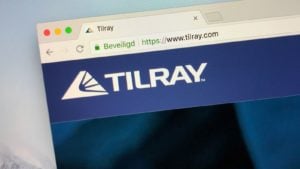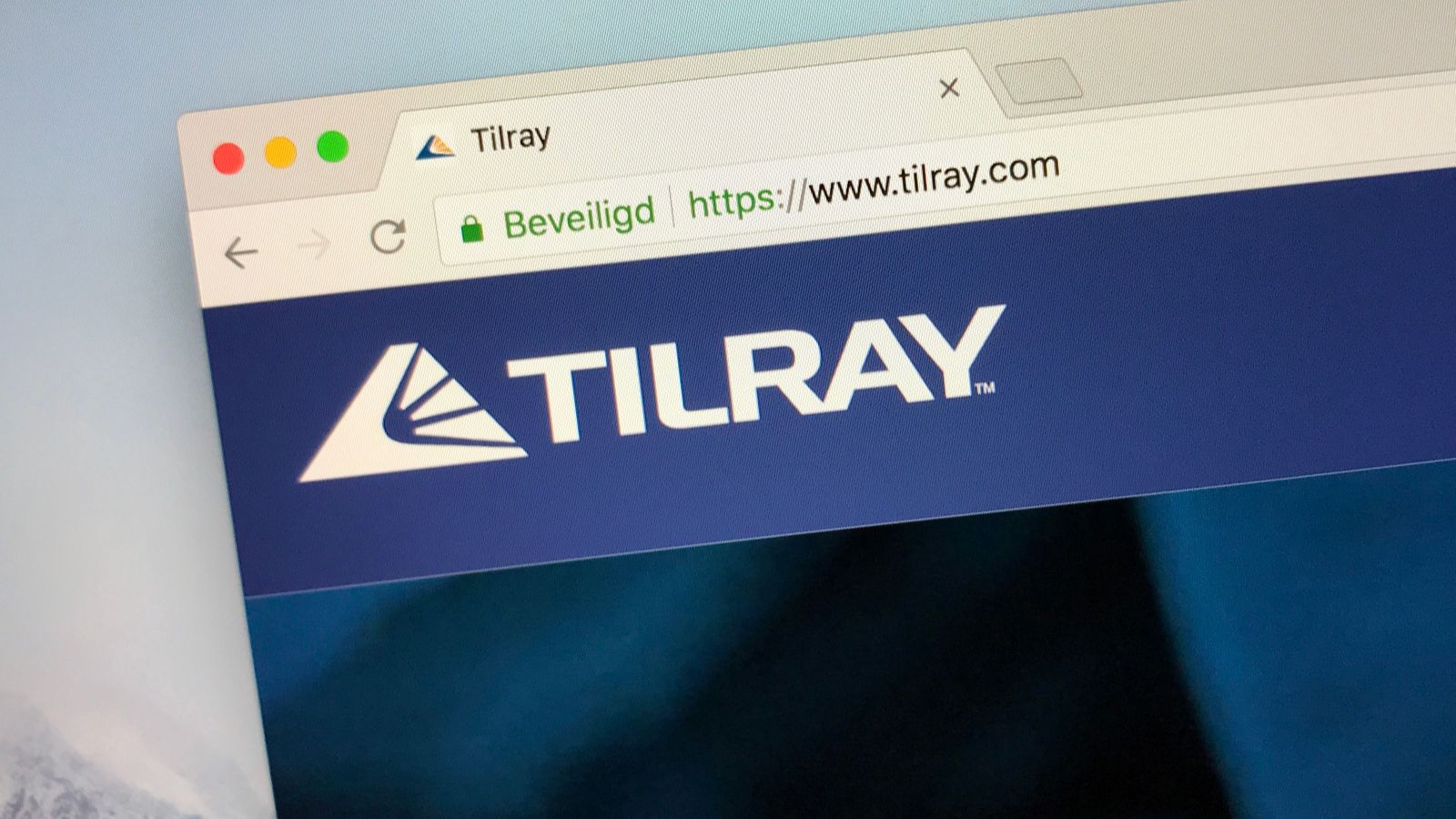The decline experienced by Tilray (NASDAQ:TLRY) this year is breathtaking, even by cannabis industry standards. Tiray stock shed nearly two-thirds of its value this year, nearly quadruple the loss of the ETFMG Alternative Harvest ETF (NYSEARCA:MJ).

Tilray stock’s 52-week high is just under $179. On Friday, Oct. 4, the shares barely closed above $24. The outlook for Tilray and some of its marijuana rivals will improve at some point. Knowing when that point will arrive, well, that’s a different ballgame.
Over the near-term, things are problematic for Tilray stock because losses are accelerating. Over the past month, the shares are lower by 25% and the loss of the past quarter is almost double that.
Like many of its rivals, Tilray isn’t yet profitable, a trait that isn’t lost on wary investors that are seemingly losing patience for the cannabis industry’s money-losing ways. If academic research is to be believed, profitability is correlated with corporate innovation and if that notion is to believed, then the cannabis industry currently lacks innovation.
That may be a bitter pill to swallow for some, which view the fledgling universe of publicly traded marijuana companies as innovators, but using a metric called the ideation, which a study by the MIT Sloan School applied to a more broad group of businesses, it’s clear innovation and profitability are linked.
“We found a significant correlation between the ideation rate at these companies and growth in profit or net income: The more ideation, the faster they grew,” according to the MIT study. “While the correlation is far from perfect, this clearly is not a random effect; you’d expect to see a correlation this strong by random chance less than one time in 100.”
Some Good News
In the case of Tilray stock, which should be noted still isn’t particularly cheap even after its dramatic declines, there is at least some path to profitability. The company is expected generate positive earnings before interest, taxes, depreciation and amortization (EBITDA) sometime next year.
The rub is that EBITDA doesn’t fall under the realm of generally accepted accounting principles (GAAP) and while it’s tolerated in some more asset-intensive industries (gaming and leisure being a good example), Tilray, to its credit, is moving toward an asset-light model.
“Rather than focusing on expanding their own production, Tilray will look to increasingly purchase cannabis from other cultivators. Instead, the company wants to create branded products for the recreational and medical cannabis markets, as well as the CBD market,” according to Morningstar.
Adding to the potential for Tilray stock’s recently bearish ways to eventually evaporate is the fact that revenue has more than tripled over the past year.
Let’s put that into context: the company has more than tripled sales in a 12-month span in which Tilray has shed more than 85% of its value.
There are several possible explanations for that scenario, perhaps the most plausible of which is that investors are prizing innovation and a clear path to profitability over top-line growth.
Bottom Line on Tilray Stock
Tilray’s shift to a less asset-intensive model should lead to lower capital expenditures, certainly a positive for a company struggling to stop losing money. Additionally, the company’s production footprint outside Canada can help it defray labor costs, particularly when lower costs countries, such as Colombia, ramp up production.
Another potential plus for Tilray is that, unlike some of its Canadian competitors, the company has some presence in the U.S., one that could be enhanced via its partnership with AB InBev (NYSE:BUD) in the future.
“Besides hemp, Canadian companies do not operate in the U.S. due to legal limitations. However, Tilray has an agreement with Authentic Brands Group (ABG) for CBD products, giving Tilray some limited U.S. exposure through hemp,” according to Morningstar.
For the still-nascent U.S. marijuana market to be a real driver of upside for Tilray stock, the company still has some work to do and either needs an acquisition or expensive investments to solidify to be adequately prepared for increased legalization in the American market.
Todd Shriber does not own any of the aforementioned securities.
